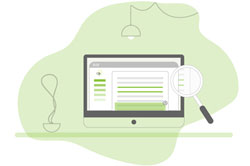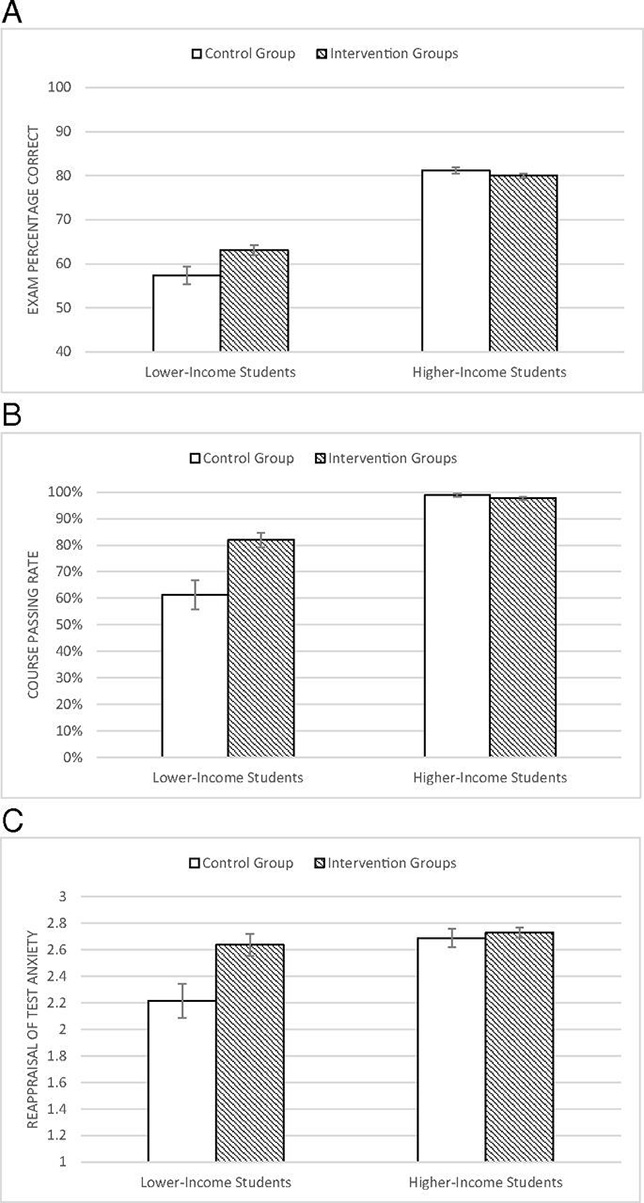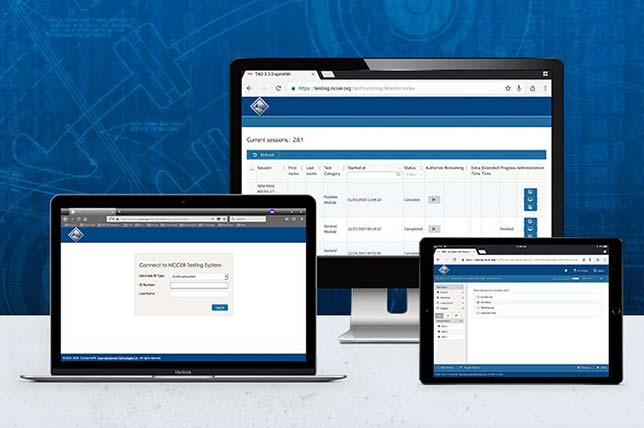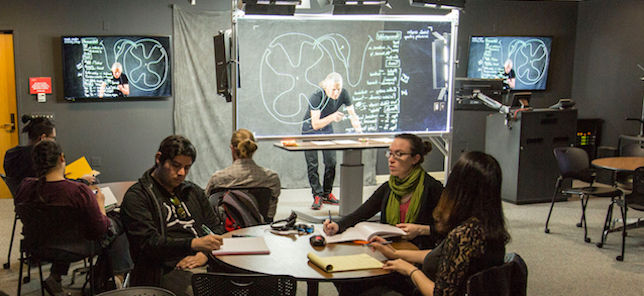Online exam security and identity management company ProctorU is merging with Yardstick Assessment Strategies, a provider of psychometrics and computer-based exam administration for professional testing organizations.

Remote proctoring company Proctorio has added two plagiarism detection tools to its Learning Integrity Platform.

Canvas and Proctorio are partnering to launch new solutions to help students and teachers identify plagiarism.
In a recent survey conducted by Barnes & Noble College, 23 percent of college students said classroom technology use at their school is insufficient.

Computer-based testing center company Pearson VUE will be embedding new identity verification into its remote testing service.

A Stanford experiment found that low-income high schoolers who rechannel their "negative emotions" during STEM testing can do better on the tests — and the course.

Learning engineering has taken many forms since the term was coined by Herbert Simon back in the 1960s. Ellen Wagner, who chairs IEEE's ICICLE SIG on Learning Engineering Among the Professions offers some perspective — from Simon's original insight to LE's application and potential today.
Later this year McGraw-Hill Education will be introducing a new artificial intelligence feature to Assessment and Learning in Knowledge Spaces (ALEKS), a McGraw-Hill learning product that uses adaptive questioning.

A nonprofit that produces a testing system for students learning construction trades has made updates to the platform. The system, developed by the National Center for Construction Education & Research, allows teachers and administrators to issue, grade and score tests.

FLEXspace, the Flexible Learning Environments eXchange, has changed over time, starting out in 2013 as a great place to showcase and exemplify learning spaces, then rapidly growing to include a comprehensive toolset for planning and assessing these spaces, and now connecting a vibrant research community. Here, CT gets an update from FLEXspace.org pioneers Lisa Stephens and Rebecca Frazee.